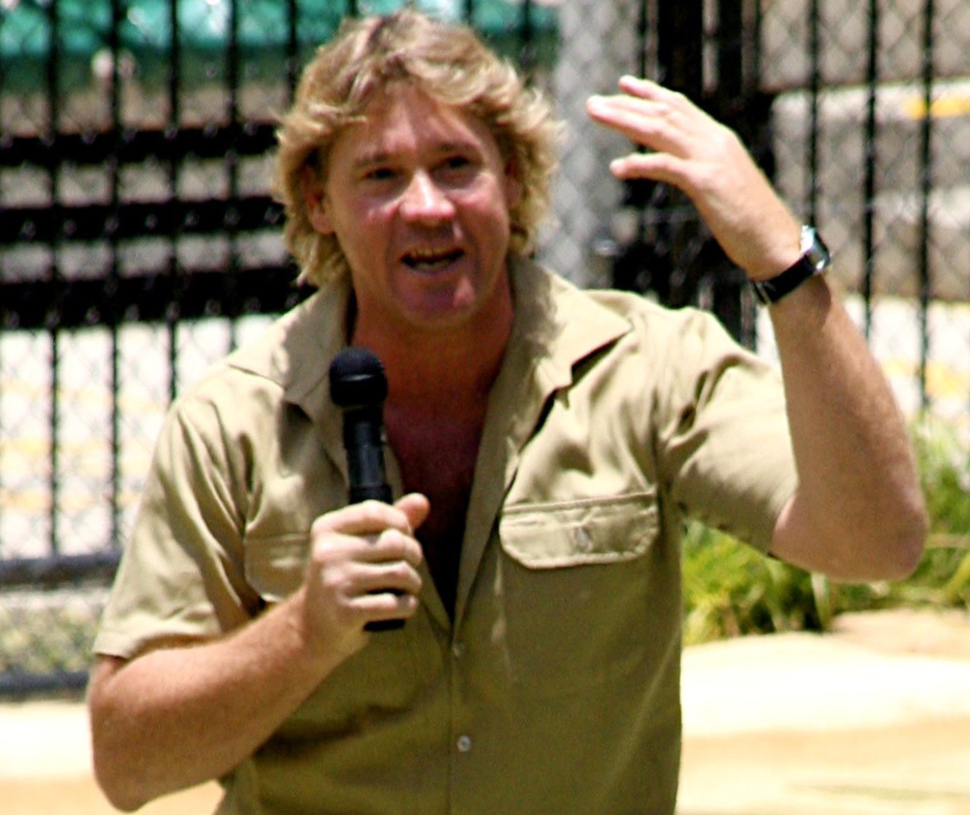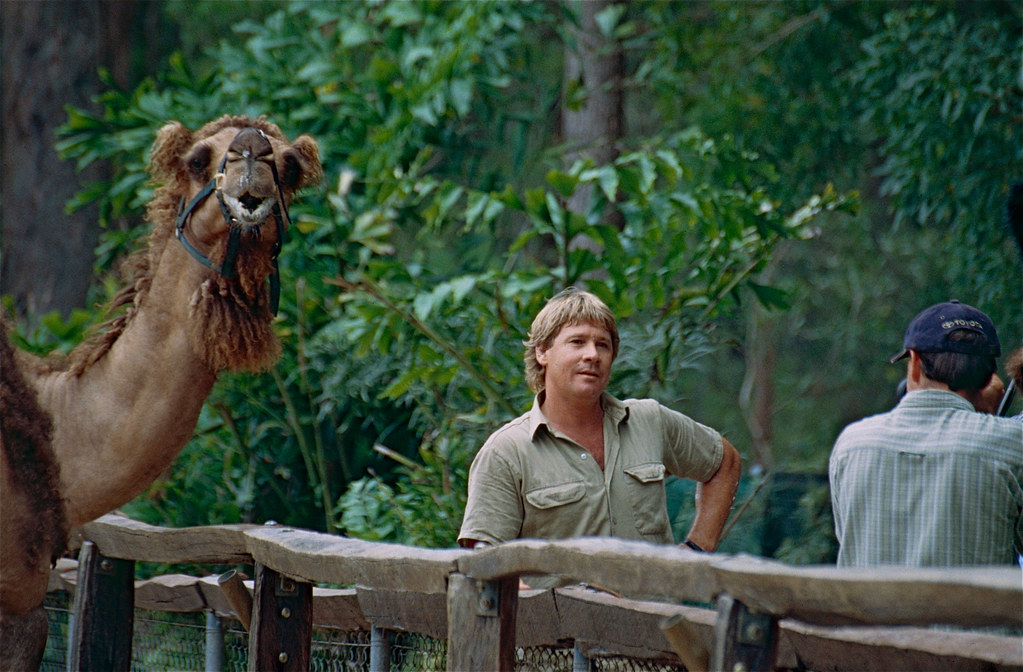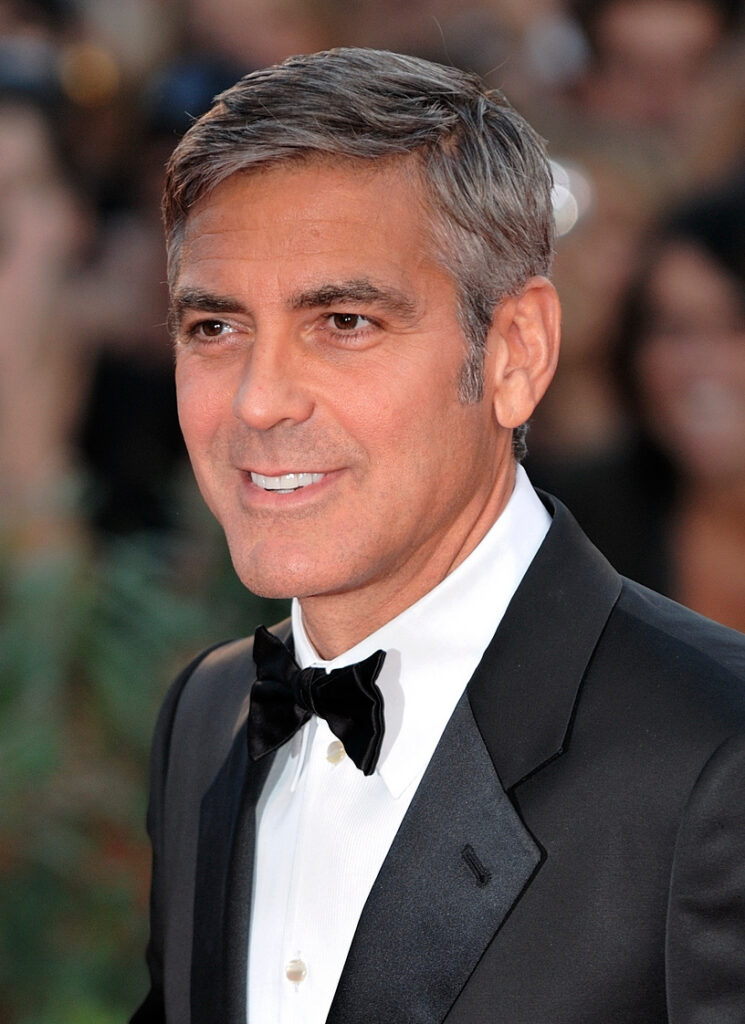
The public’s deep affection for certain figures often transcends mere admiration, blossoming into a profound state of “adoration.” This powerful emotional connection, rooted in reverence and love, shapes collective memory and defines the legacies of those who touch countless lives. The depth of such sentiment becomes particularly apparent in moments of great loss, when the world reflects on the unique contributions of an individual.
One such figure, who truly embodied the essence of being “adored,” was Steve Irwin. A world-famous television celebrity and wildlife conservationist, Irwin captivated audiences globally through his high-spirited and lively hosting of “The Crocodile Hunter” television series. His remarkable ability to connect with both dangerous and endangered animals, often in close encounters within various jungles, fostered an unprecedented bond with his viewers, cementing his place as a beloved personality.
The very concept of “adore” carries multiple layers of meaning, each shedding light on the unique relationship between a public figure and their audience. At its most profound, to “adore” is defined as “to worship or honor as a deity or as divine.” While not meant in a literal theological sense for a public personality, this definition speaks to the almost sacred reverence some individuals inspire. Their principles, dedication, and unique spirit can elevate them to a level of awe, where their work is seen as almost divinely inspired in its purity and impact.
Moving to a slightly different dimension, “adore” also means “to regard with loving admiration and devotion,” exemplified by the phrase, “He adored his wife.” This aspect of adoration highlights a deep, personal affection, a profound respect coupled with genuine fondness. For figures like Steve Irwin, this manifested in the loving admiration from an audience that saw his unwavering devotion not just to animals but to the broader cause of environmental conservation, fostering a sense of shared purpose and deep empathy.

A third, more common interpretation of “adore” is “to be very fond of,” as in one who “adores pecan pie.” This sense, while seemingly less intense, captures the widespread, everyday affection that forms the broad base of public adoration. It signifies a genuine liking, an enjoyment of a person’s presence, their work, or their distinct approach, making them a consistent source of pleasure and engagement for a vast demographic.
Examining synonyms further enriches our understanding of this multifaceted term. “Revere,” for instance, stresses “deference and tenderness of feeling,” as illustrated by “a professor revered by her students.” This nuance speaks to the respect and gentle admiration accorded to someone whose expertise and passion are deeply appreciated. Steve Irwin, through his comprehensive knowledge of wildlife and his commitment to its protection, garnered such reverence from those who recognized his profound understanding and gentle, yet firm, approach to the natural world.
The term “reverence” presupposes “an intrinsic merit and inviolability in the one honored and a similar depth of feeling in the one honoring.” It suggests an unspoken agreement of worth, a recognition of inherent goodness or integrity. For many, Irwin possessed this intrinsic merit, his unyielding commitment to ethical conservation and his transparent, authentic personality creating a sense of inviolability in his mission. The public’s deep feeling mirrored his own profound dedication.
“Venerate” implies “a holding as holy or sacrosanct because of character, association, or age,” as seen in “heroes still venerated.” This aspect points to the elevation of an individual to a quasi-sacred status, not necessarily religious, but moral or ideological. Steve Irwin’s unique character, his fearless yet respectful interactions with wildlife, and his powerful association with conservation made him a figure held as sacrosanct by many, a hero whose vision and methods were to be protected and upheld.

“Worship,” another synonym, implies “homage usually expressed in words or ceremony,” exemplified by one who “worships their memory.” While often tied to spiritual practices, in a secular context, it denotes profound admiration expressed through consistent support, verbal praise, and collective remembrance. Viewers “worshipped” Steve Irwin’s unique style and passion, translating into devoted viewership and an almost ritualistic engagement with his television series and documentaries.
Finally, “adore” itself, when considered among its synonyms, “implies love and stresses the notion of an individual and personal attachment,” as in “we adored our doctor.” This is perhaps the most critical component of Steve Irwin’s public connection. His effusive personality and direct communication style fostered a sense of individual and personal attachment among viewers, making them feel as though they knew him personally, strengthening their deep affection beyond mere celebrity appreciation.
The word “adore” itself has a rich linguistic history, tracing its roots back to the Middle English period. Its earliest known use was in the 14th century. The term, in its current form, is derived from Anglo-French forms such as “aouren,” “ahourer,” and “adourer.” These, in turn, go back to the Latin word “adōrāre,” which meant “to plead with, appeal to, approach (a god) as a suppliant or worshipper, treat with reverence, [or] admire.” This etymological journey reveals a consistent thread of profound respect and supplication, evolving to encompass the fervent affection we understand today.
Beyond its verb forms, the adjective “adored” further articulates the status of someone who is “much loved.” This descriptor encompasses a vast array of positive sentiments, including being “cherished,” “esteemed,” and “revered.” Steve Irwin was unquestionably “idolized” by many, a figure “worshipped” for his courage and dedication. He was “much-loved” and “beloved,” fostering a profound connection that made him “dear” to millions of viewers worldwide.
His status as “treasured” and “prized” stemmed from the unique content he delivered, his shows being a rare blend of education and thrilling entertainment. He became a global “favorite,” “valued” for his authenticity and “favored” for his relentless spirit. The adjective “adored” also implies being “precious,” “special,” and even a “darling” to his audience, underscoring the intimate bond forged through his televised adventures. His widespread appeal meant he was universally “respected” and “well-liked,” consistently appearing in “highly regarded” lists of public figures.
Furthermore, the adjective “adored” signifies being “revered, held in veneration, or worthy of spiritual worship.” While not typically used in a strictly religious sense for a secular figure, the depth of public sentiment for Steve Irwin often approached this level of sanctity. His life’s work, dedicated to the preservation of life, became a cause that many considered “sacred” and “hallowed.” He was perceived as someone who embodied “divine” passion in his chosen field, his commitment almost “consecrated” in the eyes of his followers.

For many, his singular focus and unwavering dedication elevated him to a state of being “venerated” and “exalted,” an almost “saintly” figure in the realm of wildlife conservation. The public’s emotional investment in his mission bordered on the “religious,” reflecting a profound respect for his contributions. His message and persona became “enshrined” in the hearts and minds of those who believed deeply in his cause, viewing his actions as fundamentally “pious” in their intent and impact.
The adjective “adored” also describes someone “having, worthy of, or bringing fame or admiration.” Steve Irwin’s global renown perfectly exemplified this. He was truly “glorious,” an “eminent” and “celebrated” figure whose name resonated across continents. His “renowned” status as a conservationist and his “illustrious” career as a television host made him a “distinguished” personality. His achievements were “acclaimed,” and he stood as a “notable” and “famous” advocate for wildlife, leaving an indelible mark on popular culture.
He was “esteemed” and “noted” for his tireless efforts, regarded as a “great” and “preeminent” voice in environmental education. The epithet “honored” aptly described his standing, his work deemed “venerable” and “outstanding.” He was an “exalted” and “elevated” figure, whose remarkable journey and powerful message were truly “memorable.” His presence was “impressive,” his life a “triumphant” narrative of passion realized. He was universally “well-known,” his commitment to wildlife a “time-honored” testament to dedication.
The depth of public affection for Steve Irwin was palpable, transforming into a deep “love or admiration.” He was “worshipped” in a non-religious sense, “idolized” for his charismatic and adventurous spirit. He was profoundly “cherished” and “loved,” his memory “revered” by legions of fans. Audiences universally “esteemed” and “admired” his unique approach to wildlife education, frequently “adulated” for his fearless interactions with formidable creatures.

He was consistently “prized” for his authenticity and “reverenced” for his pioneering efforts in conservation. His fans “honored” him, holding him “dear” and “in high regard.” Many “hero-worshipped” him, looking “up to” him as an exemplary figure. He was so deeply appreciated that he was consistently “put on a pedestal,” his legacy firmly “held in admiration.” Viewers “thought the world of” him, and indeed, “cared very much for” him, valuing his contributions immensely.
Beyond the profound admiration, the public also “adored” Steve Irwin in the sense of “liking or enjoying (something) greatly.” This spoke to the widespread appeal of his “Crocodile Hunter” series and other documentaries. Millions “loved,” “liked,” and “enjoyed” his programs, finding immense “relish” in his energetic presentations. Audiences “dug” his style, “reveled in” his adventures, and “delighted in” the close-up encounters he shared with various species, from the most dangerous to the most endangered.
His shows were a source of consistent pleasure, and many “took pleasure in” his educational yet thrilling content. He frequently brought a smile, and people “got a kick out of” his enthusiasm. He had a distinct “weakness for” wildlife himself, a trait that resonated deeply with his audience. The general public “regarded him highly,” consistently “rated him highly,” and indeed “went a bundle on” anything he produced, demonstrating their unwavering enjoyment and appreciation.
Steve Irwin, born on February 22, 1962, in Victoria, Australia, cultivated a life defined by an extraordinary connection with the natural world. He became renowned as the high-spirited and lively host of “The Crocodile Hunter” television series, a show that transcended traditional wildlife documentaries by showcasing his unique, hands-on approach to conservation. He was not merely an entertainer but a dedicated conservationist, extending his work into a multitude of other shows and documentaries focused on wildlife and the environment. His distinctive methodology involved deliberately engaging in close encounters with some of the most dangerous and endangered animals, often within their natural habitats in various jungles.
It was this very dedication that ultimately led to his untimely demise. Steve Irwin tragically died on September 4, 2006, at the age of 44. His death occurred after he was pierced in the chest by a stingray barb, an unforeseen and rare accident that shocked the world. The news of his passing reverberated globally, eliciting profound grief and sorrow from his legion of admirers. His death at a relatively young age underscored the risks inherent in his passionate pursuit of wildlife conservation and heightened the sense of loss for a figure who seemed invincible in the face of nature.
His passing solidified the pervasive sense of adoration that had surrounded him throughout his career. The public’s reaction was not merely that of fans losing a celebrity, but rather a collective mourning for a figure who had inspired, educated, and entertained them with an unparalleled zest for life. The outpouring of tributes, the remembrance of his joyous exclamations, and the renewed commitment to his conservation efforts served as powerful testaments to the deep and personal attachment so many felt for him. He was a champion for the wild, and his absence created a void that resonated with those who had grown to admire and rely on his impassioned voice.

The life and legacy of Steve Irwin offer a compelling study in the nature of public adoration. His profound impact, fueled by an authentic passion and a unique ability to communicate the wonders of the natural world, cultivated a bond with millions that transcended the conventional. His unwavering spirit and courageous dedication, even in the face of immense danger, solidified his position as a figure not merely admired but truly adored. His premature departure at the age of 44 left an enduring echo of his legacy, serving as a powerful reminder of the deep affection he inspired and the profound meaning of the word “adore.” His memory continues to inspire conservation efforts worldwide, a testament to the lasting power of a life lived with unwavering devotion.



